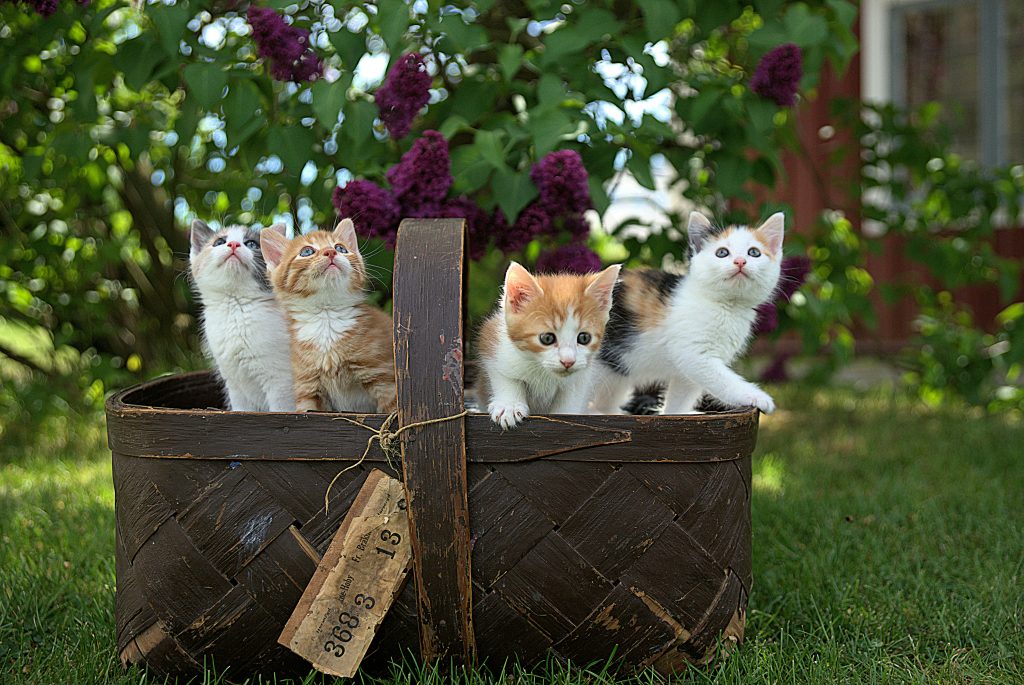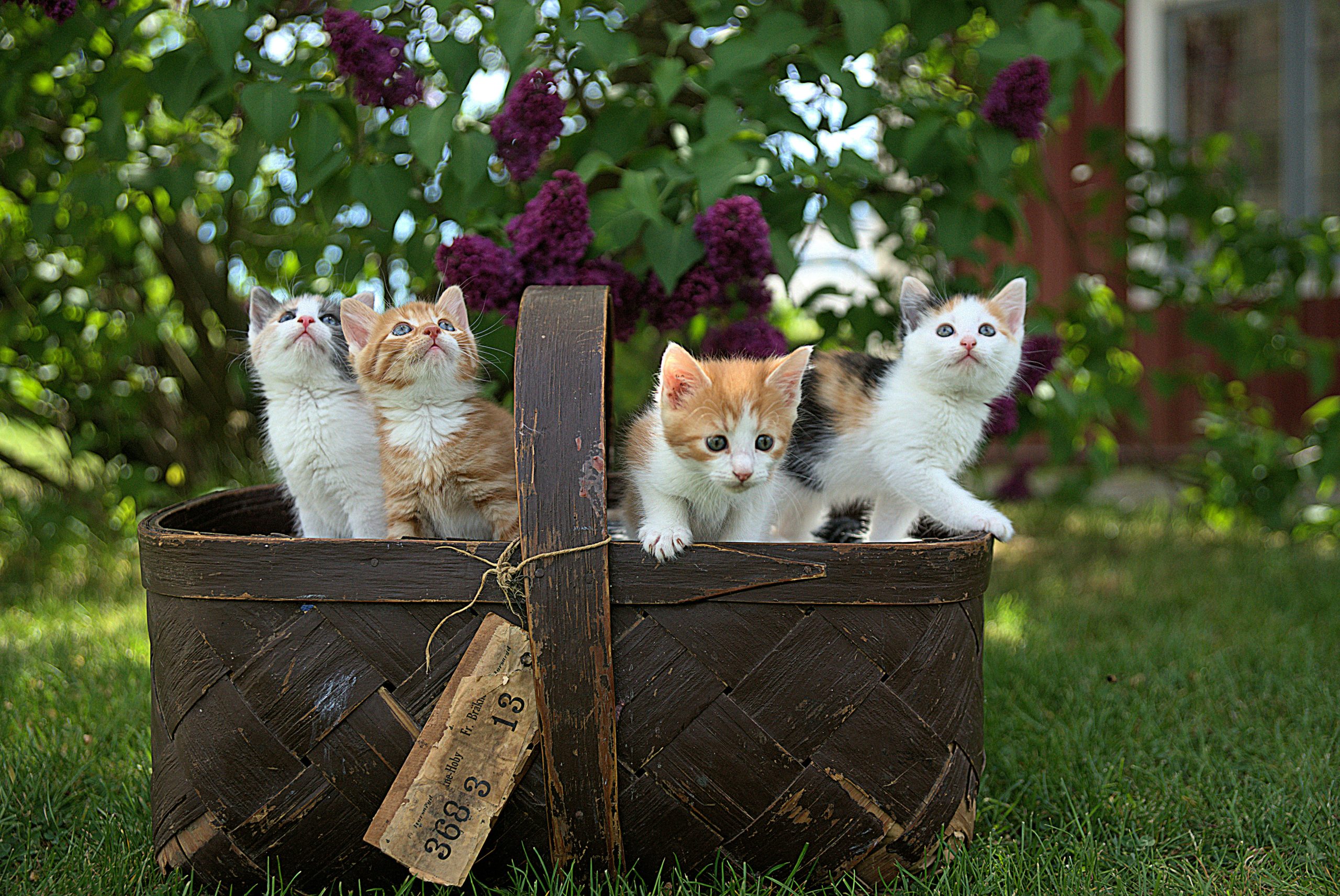Are you on the lookout for the ultimate furry companion that combines the best traits of a puppy and a cat? Then you’re in the right place! The concept of a puppy cat might sound whimsical, but it’s an idea that appeals to many pet lovers. In this guide, we’ll dive into what makes the puppy cat such a unique and lovable pet, how to care for one, and the benefits of having this charming hybrid in your home.
Understanding the Concept
So, what exactly is a puppy cat? The term “puppy cat” can describe a few different things, but generally, it refers to cats that exhibit playful and affectionate behaviors similar to those of a puppy. This might mean they follow you around like a loyal dog, greet you enthusiastically at the door, or even play fetch with you.
Why the Fascination?
Why are people so intrigued by the idea of a puppy cat? Combining the playful spirit of a puppy with the independence of a cat seems like the perfect pet combination. This blend promises both the joy of playful antics and the comfort of a snug, purring friend.
Playful Personality
One of the standout traits of a puppy cat is their playful nature. Unlike the stereotypical aloof cat, a puppy cat is always up for a game. Whether it’s chasing a feather toy or playing hide and seek, these cats have a zest for life that can be incredibly entertaining.

Affectionate Behavior
Another hallmark of a puppy cat is their affectionate demeanor. Just like a dog, they might follow you around, snuggle with you, or greet you with enthusiasm. This level of affection can make for a deeply rewarding relationship.
Social and Friendly
Puppy cats tend to be very sociable. They often get along well with other pets and can adapt to various living situations. Their friendly nature makes them excellent companions, whether you live alone or with a family.
Adoption or Purchase?
You might be wondering where to find a puppy cat. You can look for one in animal shelters or rescue organizations, where you might find a cat with the playful, affectionate traits of a puppy cat. Alternatively, some breeders specialize in breeds known for their dog-like behaviors, such as the Maine Coon or the Abyssinian.
What to Look For
When searching for a puppy cat, observe their behavior. Look for signs of playfulness, curiosity, and affection. A cat that enjoys interacting with people and other pets is likely to fit the puppy cat profile.
Providing the Right Environment
A puppy cat thrives in an environment that stimulates both their physical and mental needs. Provide a variety of toys, scratching posts, and climbing structures. Interactive toys, like puzzle feeders, can keep their inquisitive minds engaged.
Regular Exercise
Just like a dog, a puppy cat benefits from regular exercise. Engage them in play sessions to help keep them fit and mentally stimulated. Regular playtime can also prevent boredom and reduce the likelihood of behavioral issues.
Grooming and Health Care
While puppy cats are generally low-maintenance, they still need regular grooming and health care. Brush their fur to reduce shedding and prevent matting, especially if they have a long coat. Routine vet visits are also essential to keep them in good health.
Basic Commands
Training a puppy cat can be surprisingly easy. Start with basic commands, such as “sit” or “come.” Use positive reinforcement, like treats and praise, to encourage desired behaviors.
Litter Box Training
Most puppy cats are already litter trained, but if you’re starting with a kitten, ensure they know where their litter box is. Place the box in a quiet, accessible location and keep it clean to encourage consistent use.
The Perfect Companion
If you’re looking for a pet that combines the best of both worlds, a puppy cat might be perfect. Their playful and affectionate nature can provide endless joy and companionship.
Less Stressful for Busy Lives
For people with busy lives, a puppy cat can be a great choice. They often require less attention than a dog but still offer the interactive and loving qualities that make pets so special.
High Energy Levels
One potential challenge with a puppy cat is their high energy levels. If you’re not prepared to engage in regular play sessions, this could lead to boredom and potentially disruptive behavior.
Training Needs
While puppy cats are generally easy to train, they still need consistent training and socialization. Without proper attention, they might develop habits that are less desirable.
In summary, a puppy cat offers a delightful mix of playfulness and affection. Their unique blend of traits can make them the perfect companion for a variety of lifestyles. Whether you’re drawn to their playful antics or their loving nature, a puppy cat can bring joy and warmth to your home. If you’re considering adding one to your family, be prepared for a rewarding experience filled with fun and companionship.
FAQs
1. What breeds are known for being puppy cats?
Breeds like the Maine Coon and Abyssinian are known for their playful and affectionate nature, making them great candidates for the puppy cat label.
2. How do I know if a kitten will grow up to be a puppy cat?
Look for playful and social behaviors in kittens. If they enjoy interactive play and seek out human interaction, they are more likely to grow up with puppy cat traits.
3. Can a puppy cat live with other pets?
Yes, puppy cats are generally very social and can adapt well to living with other pets, including dogs and other cats.
4. What kind of toys are best for a puppy cat?
Interactive toys, such as feather wands, laser pointers, and puzzle feeders, are excellent for keeping a puppy cat entertained and mentally stimulated.
5. How much grooming does a puppy cat need?
Grooming needs vary depending on the breed. Regular brushing is essential to manage shedding and maintain a healthy coat, especially for long-haired breeds.

